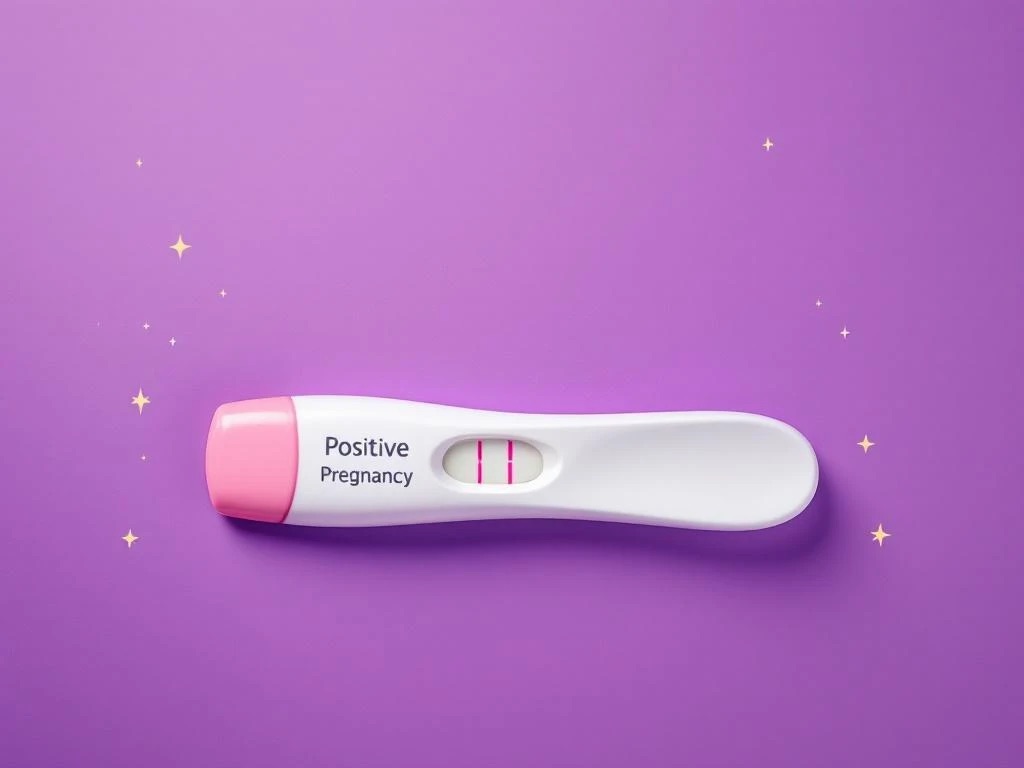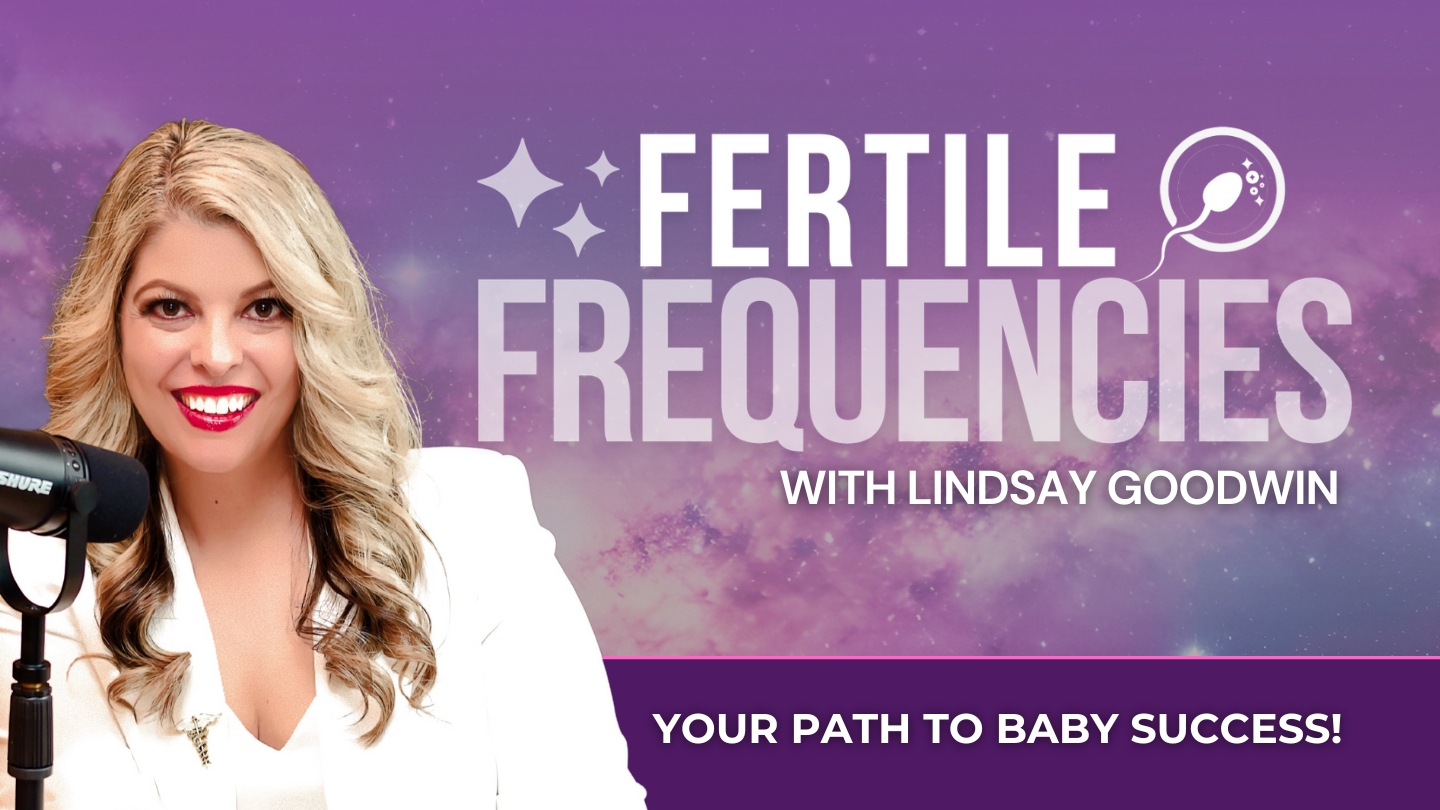Epigenetics and Lifestyle to Boost Fertility for TTC: Daily Habits That Help
Sep 20, 2025
What Is Epigenetics (and Why It Empowers TTC)?
By Lindsay Goodwin, LAc., MSOM, BS, FABORM, CLC, CHt. | Host of Fertile Frequencies Radio
Epigenetics studies how the environment influences gene expression. While genes provide potential, your daily inputs, such as sleep, stress, nutrition, light, and movement, help determine which potentials are activated or suppressed. This is not pressure; it's permission to focus on small, repeatable habits.
Table of Contents
-
What Is Epigenetics—and Why It Empowers TTC
-
The Daily Inputs That Matter Most
2.1 Sleep & Circadian Rhythm
2.2 Blood Sugar & Metabolic Balance
2.3 Minerals, Hydration & Micronutrients
2.4 Gentle Movement & Strength
2.5 Light, Nature & Stress Load
2.6 Nervous-System Calm & Belief (Science Meets Spirit) -
Everyday Swaps (Easy Wins You’ll Feel)
-
FAQs: Small Changes, Big Impact
-
Resources & Next Steps
The 6 Daily Habits That Help
- Sleep (7–9 hours): fixed wake time; low light after sunset; cool, dark room.
- Blood Sugar: protein first (20–30g/meal); fiber and healthy fats; steady meal times.
- Minerals & Hydration: mineral‑rich salt pinch in water; magnesium‑forward foods; consistent hydration.
- Gentle Movement: 20–30 minutes walking + light strength 3×/week to support insulin sensitivity.
- Light & Nature: morning sunlight in the eyes (no sunglasses for 2–5 min); short nature breaks reduce cortisol.
- Stress → Safety: 5‑minute breath (box or 4‑7‑8) 2–3×/day; brief prayer/mantra to anchor safety.

Nervous-System + Belief (Science Meets Spirit)
Soothe the system first, then suggest the belief: "My body is safe. My womb is a sanctuary. Thank you, thank you, thank you."
What this means in a fertility journey. Your body and your beliefs are not separate lanes—they merge. Biologically, the nervous system (brain, vagus nerve, and stress circuitry) talks constantly with the endocrine and immune systems that shape ovulation, implantation, and early pregnancy stability.
When the system perceives safety, it downshifts stress chemistry (cortisol/adrenaline) and makes space for reproductive signaling (GnRH → LH/FSH → progesterone/estrogen) to flow more coherently.
Spiritually, the same posture of safety is the inner "yes" that lets you receive; it's the heart choosing trust over vigilance so that grace can move.
Energy and body state precede the story. In survival states (fight/flight/freeze), the body prioritizes protection, attention narrows, and the cortex is less able to accept new meanings. As you re-enter a baseline of safety, the mind becomes teachable again. This is why belief work lands best after the body senses calm. In practice, it means we don't force affirmations through tension; we invite them once peace is present. Then the words become signals your biology can hear.
Expectation is biochemical. What you consistently expect nudges physiology through the "meaning response" (the broader, research-backed cousin of the placebo effect). When your expectation is "my body is capable and safe," the brain updates its threat map, muscles soften, breath lengthens, and the hormonal milieu supporting implantation becomes more favorable.
Over time, belief rehearsed in calm states becomes a trait—your new baseline.
Epigenetic openness. During preconception and pregnancy, gene expression is particularly sensitive to environmental influences. Safety, quality sleep, and steady nourishment are physical signals; loving self-talk and prayer are informational signals. Both can influence how the body prioritizes repair, immune tolerance, and uterine receptivity. In this sense, belief is not a fantasy; it's part of the environment in which your child grows.
How the Two Meet:
- The nervous system provides the channel (a calm, receptive body).
- Belief provides the message (the meaning you choose to live by). When channel and message align—calm body, faithful meaning—your actions become consistent, your choices kinder, and your system more available to conceive and carry.
Bottom line. You are not "thinking your way pregnant," nor are you a passenger to labs and protocols. You are co-creating: tending the body so it can listen, and offering it a loving story to live into. Safety opens the door; belief invites the miracle through.
Gentle FAQ
- Can small changes matter? Yes—epigenetics responds to repeated, consistent inputs.
- Do I need perfection? No. Aim for 1% steadiness, not 100% perfection.
Resources & Next Steps
-
Listen to the Episode: Pregnant at 48—Donor-Egg IVF Success
- Listen to Louise's Fertility Success Story: HERE
- Follow Fertile Frequencies Radio and Never Miss an Episode!
Work with Lindsay: Fertility Reset & Spirit-Baby Support 🌸✨
- Fertility Reset — Nervous System Rewiring, Energy Work, and Practical IVF Support. START HERE
- Spirit-Baby Reading — deepen connection and receive guidance for your next steps. BOOK HERE
Disclaimer: This article shares general education and personal experience. It isn’t medical advice and doesn’t create a patient–provider relationship. Please consult your licensed healthcare team for your specific care.









